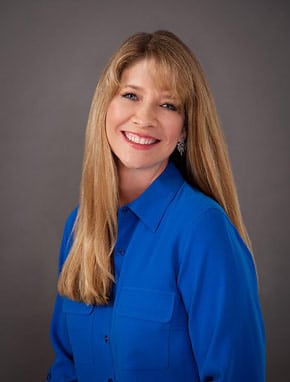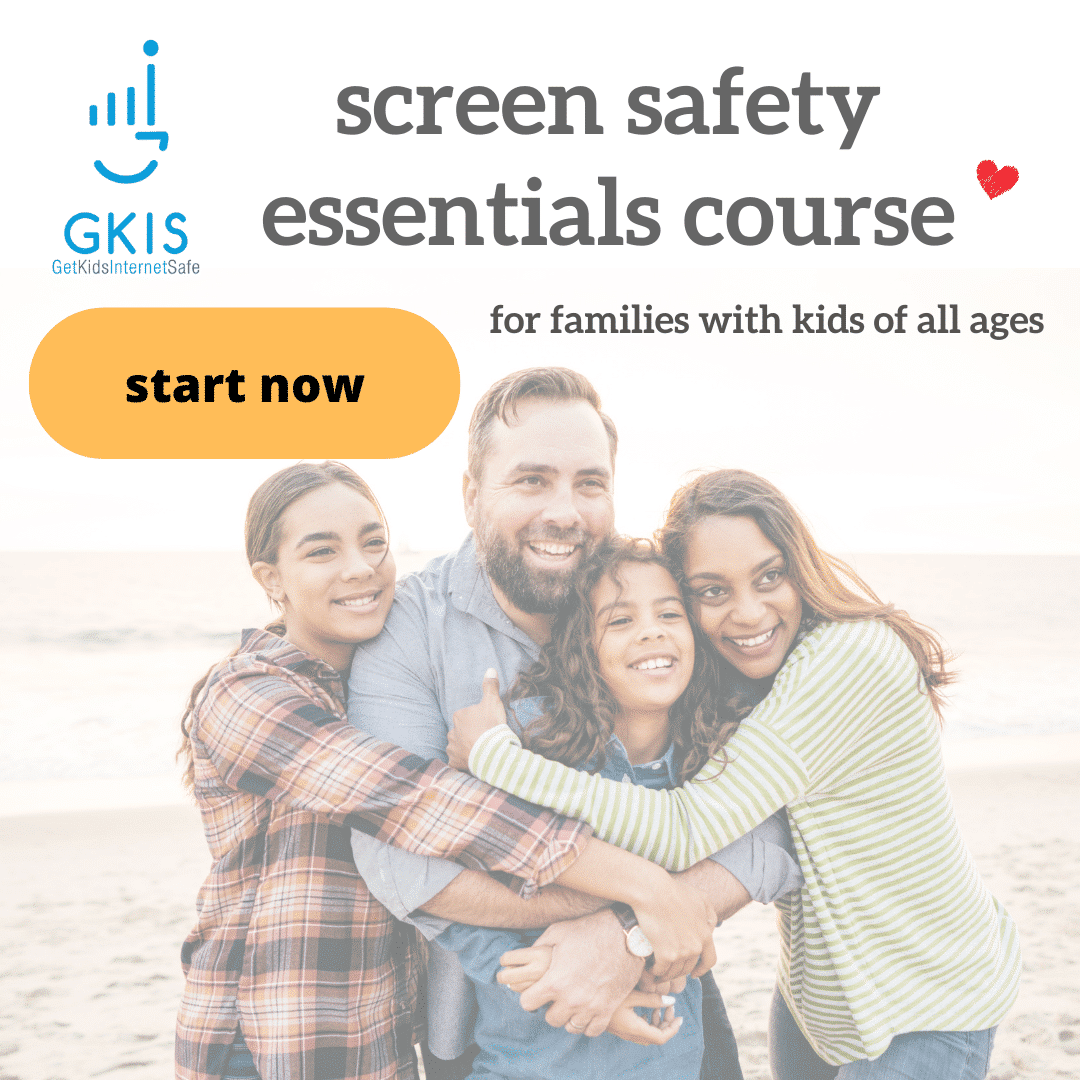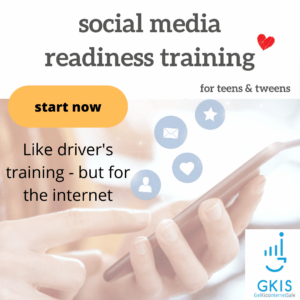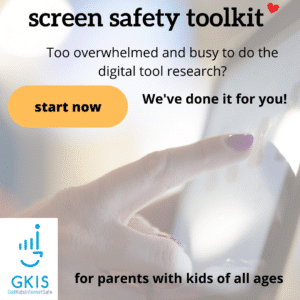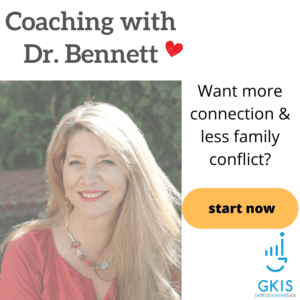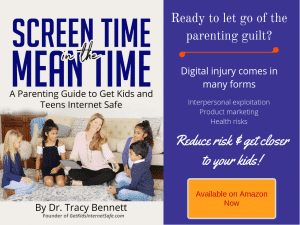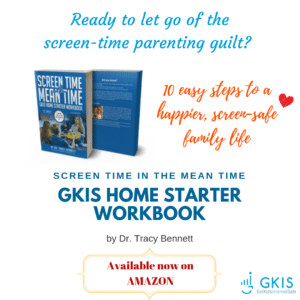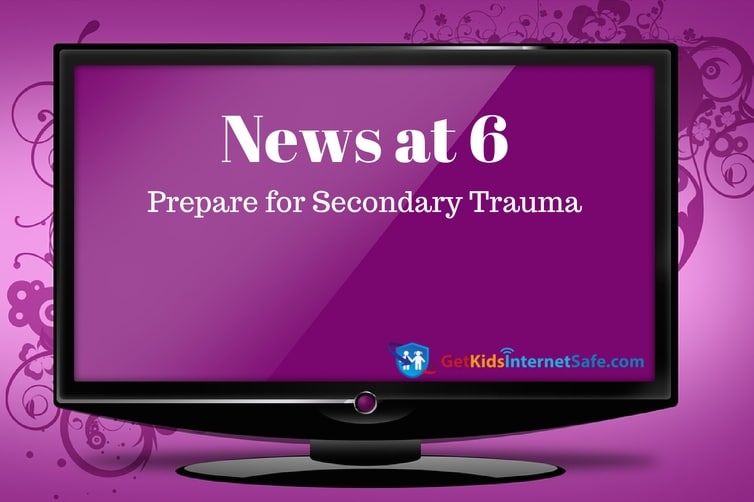
School has started! And as a mother of three, I have to admit I’m delighted. Not just for my favorite fall weather, comfort food, and structured bedtime, but with the hope of a mellower trauma season on television news.
Cynical? Perhaps, but watch the news for a minute. Just four months ago, my daughter witnessed and lost a college friend in the senseless and terrifying Isla Vista shooting. Two months later, another close friend was freakishly struck by lightning and killed at Venice Beach. Even our sheltered suburban bliss was rocked to its core. It was so sad to watch my baby girl painfully grieve her losses, when her only worries should be about weekend plans and dorm decorating. Our family was only secondarily involved. My heart breaks for the families directly affected, leading me to fantasize about sanctuary from it all on a private island somewhere.
There seems to be a never-ending loop of tragedy on our television screens every day, not to mention the Internet. And the coverage doesn’t stop at a news report. Investigative coverage makes a 3-minute broadcast a week-long series! Just yesterday a friend shared his concern about how access to sensational Internet coverage may be affecting his teenage boys. Recently he had to force them to stop repetitively watching videos of the Isla Vista shooter’s sick rants, and then spent time helping the boys process what had happened and why. Imagine how even younger children without parent support are being affected, especially when the news reports are as graphic as motor vehicle accidents, fires, shootings, and beheadings!
Of course it is unrealistic to assume you can protect your children from all violence portrayed on screen media. However, as parents, we have an obligation to give it an ambitious try. The stress that results from watching or hearing about the trauma experience of another person is called secondary trauma. As a clinical psychologist, I can assure you that secondary trauma is a significant concern. And not just for young children, teenagers and adults as well!
Let’s talk turkey about how to protect your kids (and yourself) from secondary trauma that may result from screen media:
Ages 0-2: Simply don’t allow little ones to watch the news AT ALL. Educational programming only is acceptable, and even then only when the content is appropriate for toddlers and with severe time restrictions consistently imposed. Research is clear that babies benefit most from one-to-one human interaction and 3D play experiences. Furthermore, it has been demonstrated that children as young as a year-old are able to learn complex behavioral sequences from television. Don’t be so naïve as to think little ones are not emotionally triggered by frightening images…or that you would recognize it was happening and help them though it. Simply protect them from inappropriate programming. Period.
Ages 3-6: Preschoolers should also be blocked from violent programming. They simply do not have the cognitive or emotional skills in place yet to understand what a real threat is and what isn’t, even with your intervention. Feeling safe and secure is a far higher priority at this age than an accurate understanding of “the world out there.” As parents, it is your job to provide that security.
Ages 7-11: School age is when parental judgment becomes key. Every family and every child is unique. Based on the characteristics of your individual child, it is therefore critical that you educate yourself about what we know from psychological research and what you are comfortable with as a parent. My best advice here is USE DISCRETION. If you worry that your child may be frightened by screen media content, play it conservative and block it. There is no question that access to violent video games, for example, can change perception and behavior. School-aged kids still need to be protected and parents are the best sources for soothing and counsel. If your child is exposed to disturbing coverage, TAKE THE TIME to talk it out. Ask him about his opinions and emotional reactions. Self-disclose how the content made you feel and provide information about how to better understand and cope with situations that may be threatening or frightening. REASSURE HIS PERSONAL SAFETY. Relying on the “school of hard knocks” is not a reasonable strategy for parenting.
Ages 12-18: If you thought your job of filtering and protection is over now that your child is a teenager, you are wrong. Reasoning skills continue to develop all the way to our mid-20s! Just because your teen is sophisticated enough to talk you into a smoothie shop before you know what hit you, doesn’t mean she has the judgment to select reasonable screen media content. Trust me, I hear of screen media content traumatizing young people on a daily basis. And it’s not just predatory adults that seduce young people to participate in tragic activities, peers, websites, and videos are equally culpable. Connect, Filter, and Protect as long as your offspring are in your home.
Ages 19+: It’s all about B-A-L-A-N-C-E. Staying informed is important, but so is staying emotionally healthy. If you find something disturbing, limit your exposure and talk to somebody about how it makes you feel. Psychologists call this “debriefing, “and we employ it often to help us process particularly difficult therapy material. Watching frightening coverage is optional. I personally opt-out if viewing is going to upset me.
If your initial reaction to my suggestions is to debate or blow it off, I invite you to reflect why you aren’t printing up a banner and joining me in my GetKidsInternetSafe cause. If it’s fear, poor knowledge of technology, or simply a lack of time and energy, there are resources there to help (like my blog page at www.GetKidsInternetSafe.com/blog/). Nothing in your life will be as important as good parenting. Therefore your time and effort at being awesome will pay off for a long time to come.
I’m the mom psychologist who will help you GetKidsInternetSafe.
Onward to More Awesome Parenting,
Tracy S. Bennett, Ph.D.
Mom, Clinical Psychologist, CSUCI Adjunct Faculty
GetKidsInternetSafe.com
For a FREE ARTICLE “COPING SKILLS FOR PARENTS & CHILDREN IN RESPONSE TO TRAGEDY, click this link:
Don't worry, we will never spam you.

